Book Review: On Book Banning by Ira Wells
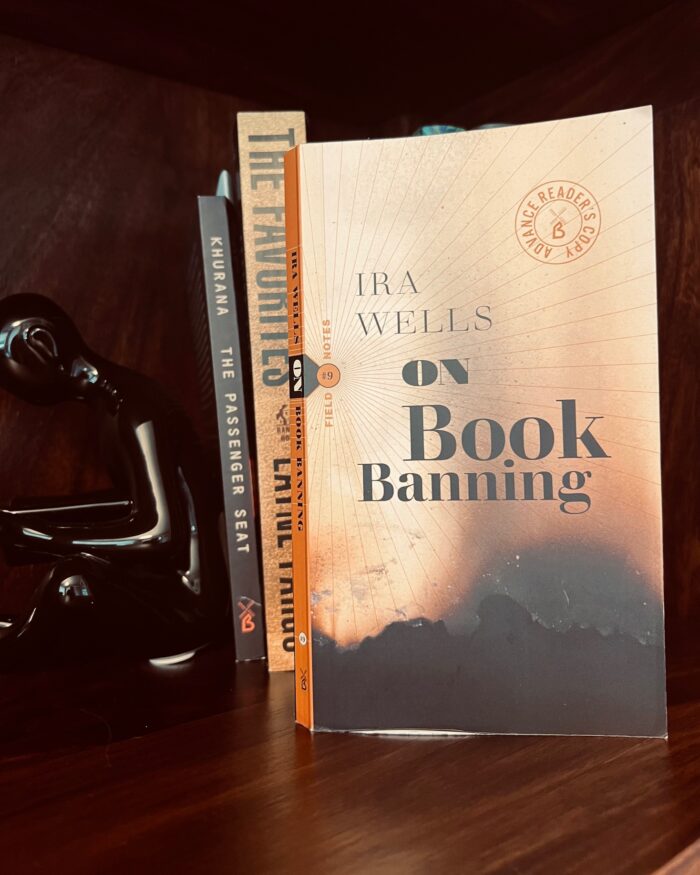
Book banning and censorship seems to have experienced a bit of a resurgence lately, especially if you live in Alberta. Last month, the provincial government held a press conference announcing they were going to be creating a policy that school libraries must follow when stocking their libraries. They asked for input from Albertans (for about two weeks they had a survey open), and the results are ‘currently under review’. They also have a website dedicated to some of the sexually explicit content that has been found in school libraries, which they are concerned about. With all this currently going on, a publicist very rightly pointed out that it would be great time to read and review one of their books published at the beginning of 2025: On Book Banning by Ira Wells. Perfect timing indeed!
Book Summary
This little gem is part of the Biblioasis Field Notes series, which I’ve read and enjoyed in the past. I received the advanced reading copy so there could have been changes in the final version, but what I read was 169 pages of thoroughly researched, well cited, and thought-provoking work on the past history and current state of book banning. A Canadian writer, Wells begins the book with a story of doing some volunteer work at his children’s school in Ontario; parents were asked to help review and audit some of the books in the school library, using an ‘equity-based’ toolkit. Wells found himself crouched in a tiny chair, pulling books of the shelves and inspecting them based on the questions of this toolkit that centers children’s lived experiences. He juxtaposes this story with the famous debates going on in Florida, where parents fight to remove books that mention LGTBQ characters in school libraries across the state. It’s a clever way to frame his argument; people on all sides of the political and religious spectrums believe they are only doing what’s best for kids, but Wells argues that any kind of book censorship, is still censorship. Wells follows a linear timeline, beginning with the earliest records of censorship, then quickly introducing us to certain historical figures that play a large role in this conversation, including the infamous Anthony Comstock, an ‘anti-vice activist’. There’s an impressive number of endnotes, and thankfully, only a few footnotes to interrupt your flow of reading.
My Thoughts
Now that I fundraise for a public library, I see the importance of their stocking of all books, for all people. Many librarians will point out that even though they don’t agree with all the books in the collection, it’s important that they stock them, and make them available all the same. This book focuses on school and public libraries, with the author interviewing different folks from library organizations across North America including his local library system, the Toronto Public Library. Wells brings up many interesting points related to public libraries specifically; the fact that their collections reflect what the public wants and requests, not what someone deems they ‘need’ or ‘should want’. But should school libraries be held to a different standard? Other than ensuring the books are age-appropriate, should books that include sexual scenes be excluded? Wells deftly explains and interrogates both sides of this argument.
There were so many poignant quotes that I marked in my reading, but I’ve narrowed it down to just two. I’m obviously on the side of the author; I believe book banning, culling, or sanitizing is wrong, no matter your intention. Wells builds upon the argument originally penned by famous poet John Milton, who points out that taking the ‘bad’ books from your library doesn’t actually prevent people from turning ‘bad’:
“Censorship not only fails to prevent harm (as children will inevitably be exposed to the full range of human vice and depravity by other means), but becomes a new source of harm in itself: by depriving students of the necessary conditions in which they could meaningfully discover their own virtue” (p. 98-99 of on Book Banning by Ira Wells, ARC edition).
I’ve never understood parents who want to pre-read the books their kids are reading to ensure it’s ‘safe’ for them. I don’t think my children coming across a new viewpoint, situation, or problem in a book is dangerous for them. On the contrary, I’m hopeful it will force them to think about it in that safe space, alone, with a book on their lap. Then, when they are inevitably faced with this same issue in real life they will have already thought about it, (or in my wildest dreams, asked me about it!) so what they’ve read in a book could help prepare them for what’s to come in their lives.
And for any fellow Albertans reading this, the following quote is about a book that has been targeted by the Alberta government, likely to be removed from school libraries soon if it hasn’t already:
“Those who would purify our school libraries do not understand this, or think they know better…They know that Flamer, a queer coming-of-age memoir, is a work of sexual titillation. It does not occur to them that Flamer could inspire compassion, empathy, or self-acceptance…These contemporary Comstocks think they know your child’s mind. They would not only make our decisions for us, but also deprive us of the opportunity to judge for ourselves (p. 109 of On Book Banning)”
Thankfully these books that are currently under scrutiny in school libraries are easily accessible at your local public library, where all are welcome.

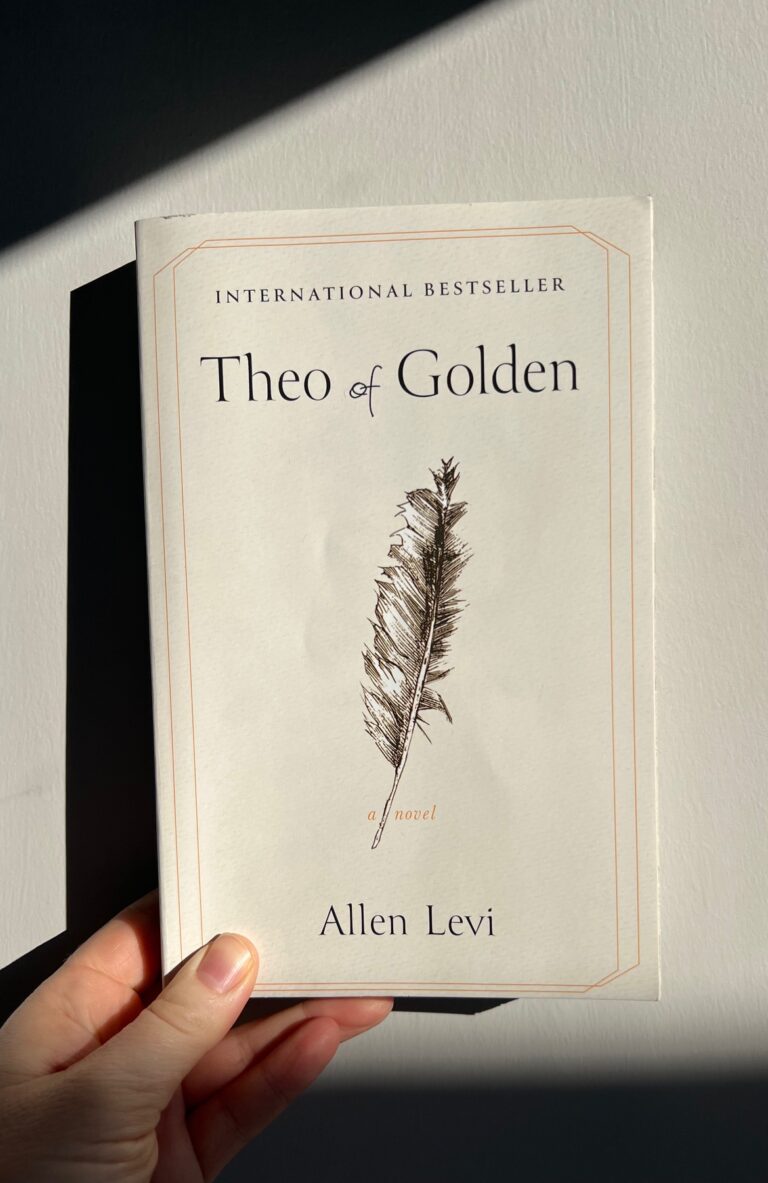
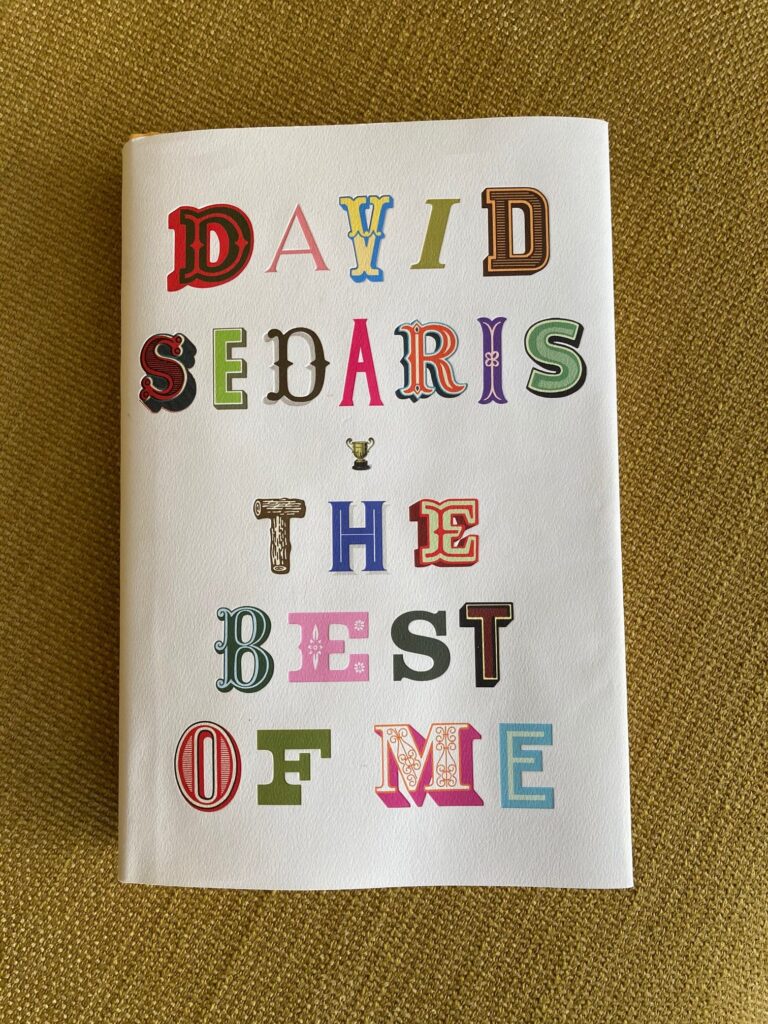
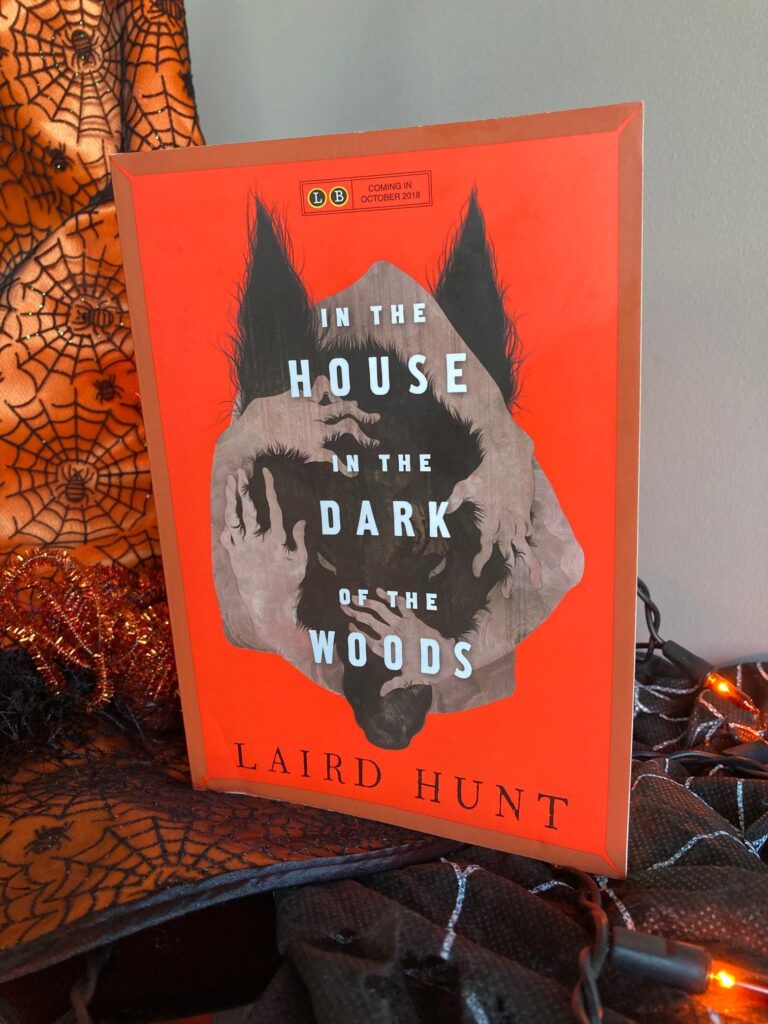
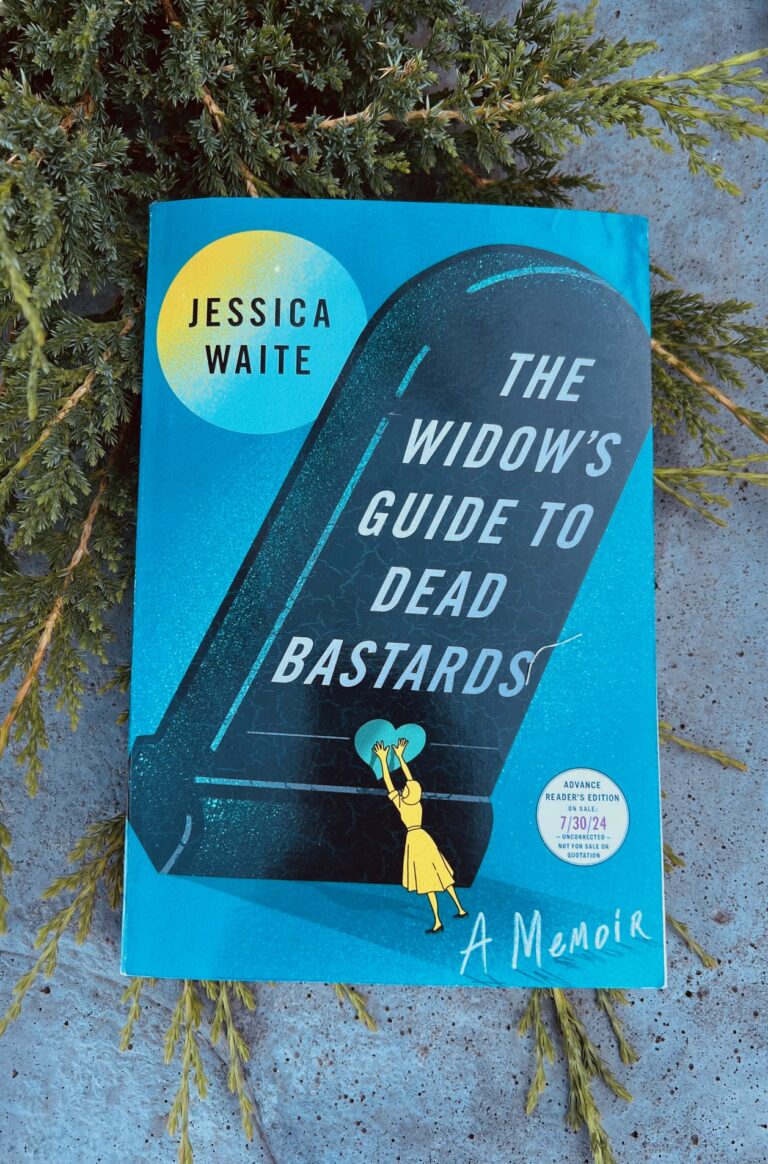
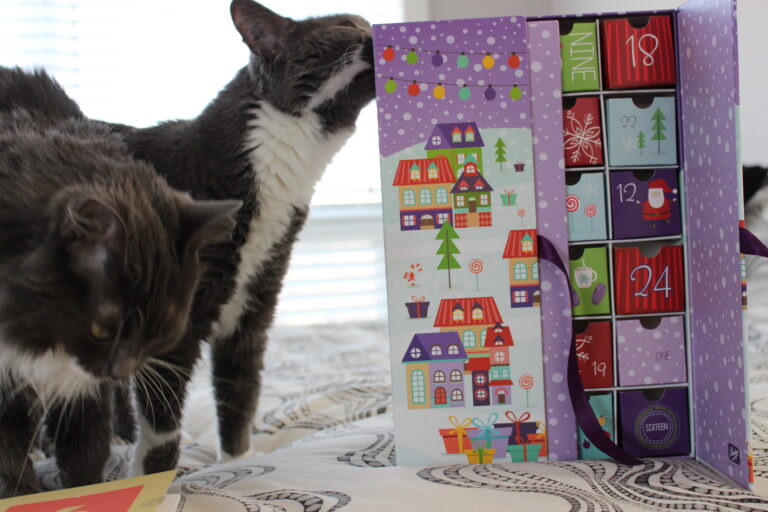
We’ve chatted about this one before, so I’ll just repeat that Field Notes is a fabulous series: the latest (On Oil) is also pertinent, relevant, and super smart! I hope that Flamer is still on the shelves of your school libraries for a good long time.
gosh I don’t have high hopes for it in our school libraries, but I can guarantee it will remain on public library shelves indefinitely! And not surprisingly, the waitlist keeps going up :)
Book banning is simply not right.
agreed! And this book gives multitudes of reasons why we need to protect our freedom to read :)
In your second quote, the author said that banning books prevents minors from learning self-acceptance. I think that’s part of the point, for people who want books banned. They believe that if a child reads a gay character, they will accept that that character is, well, acceptable. And they don’t want that. Of course, these are the same folks who think that being LGBTQ+ is a choice. It’s a tough argument because what they’re saying is what they mean–they don’t want self-acceptance. I’d be interested in reading this book to see the author’s counterarguments, the ones that support types of censorship. I do remember the books that messed with my mind and impacted me for a long time are already super popular, like Are You There, God? It’s Me, Margaret and Bridge to Terabithia and The Great Gilly Hopkins.
Yes totally, they don’t want kids to even see that being gay is an option, or that other people are gay. They believe they are ‘protecting’ children by simply removing that awareness from their worlds, but isn’t this the goal of many religions? To ‘shield’ people from harm by simply removing it, or pretending it doesn’t exist? The author addresses the counterarguments in an interesting way, for example, he mentions the case of this one book that was published by a major publisher (hachette I think) that was a step by step guide on how to track and kill someone, it was like a manual for how to become an assassin. There were a few court cases brought against it, but now I honestly can’t remember what the outcome was. I think it’s just out of print now? Anyway, I recall that being an interesting example. Mind you, what you find on the internet these days, snuff films etc, an in-depth book about how to become an assassin doesn’t seem all that bad anymore